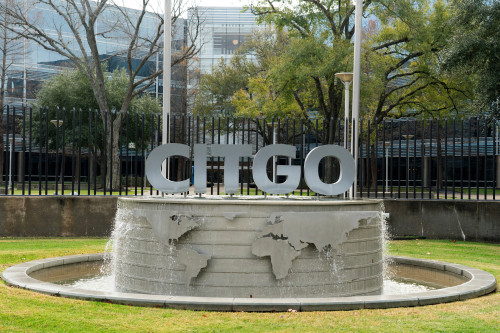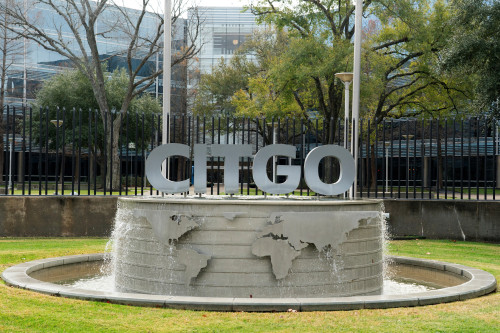By Vera Eckert and Susanna Twidale
FRANKFURT/LONDON (Reuters) – Energy majors BP and TotalEnergies have won a 7 gigawatt (GW) offshore wind site auction in Germany worth a record 12.6 billion euros ($14.1 billion), allowing them entry to the central European market without a partnership.
Previous auctions have been won by consortia, as happened in 2021 when British tenders were awarded to BP and EnBW, and Macquarie and TotalEnergies.
The awards for capacity due to come online in 2030 also excluded leading offshore wind developers, such as RWE and Orsted.
Guaranteed rights to grid connection are included in the new leases, but the cost of developing and operating the infrastructure is not included.
Below are details of the auction, which will be followed by one other in August.
AUCTION DESIGN
The 7 GW electronic auction officially opened in January and bidders had until June 1 to submit offers. The winning bids for the four leases ranged from 1.56 million to 2.07 million euros per megawatt and set a record for Germany.
In previous German lease auctions, companies have made low or negative bids with the expectation of subsidies from the state. This time, some companies pledged to build projects without subsidies, triggering what the regulator Bundesnetzagentur called a “dynamic bidding process”.
The auctions were hourly electronic get-togethers.
Bidders had to offer 30,000 euros minimum per MWh in the first round, with bids rising by that amount for as long as all bidders stayed on board. Once bidders dropped out in successive rounds, the bids rose in steps of 15,000 euros.
As part of a total of 8.8 GW to be auctioned this year – more than doubling Germany’s existing 8.2 GW installed at the end of 2022 – the country will also tender 1.8 GW of offshore wind on pre-developed sites in August under different criteria.
USE OF THE REVENUE
Germany has a target to develop 30 GW of offshore capacity by 2030 and will use revenues from the auction to help improve transmission networks and invest in environmental projects.
Improving and developing transmission infrastructure to accommodate all the new renewable power on the grid could cost some 128 billion euros by 2025, Germany’s grid companies have said.
ARE THEY VALUE FOR MONEY?
With the headline cost of the sites equating to $2 billion per GW, analysts at Bernstein said the cost was high compared with other similar tenders, such as the 2021 auctions for sites off the coast of England.
Wind industry profits have been sapped by supply chain problems, quality issues and competitive pressures.
Industry groups have said the high costs of the leases could drive up the cost of offshore wind projects.
“These costs must be passed on. Either to the supply chain which is already struggling with inflation and surging input costs. Or to the consumers who already face higher electricity prices and costs of living,” industry group WindEurope said.
Danish wind developer Orsted said it exited the auction because of the costs involved. Norway’s Equinor, which also participated, said it would continue to evaluate opportunities in Germany as part of its strategy of developing profitable growth in renewables.
BP said the projects aligned with its strategy of targeting returns of 6%-8% for its renewable projects and of transitioning to an integrated energy company with the possibility of using the power for its electric vehicle or hydrogen businesses.
TotalEnergies said the projects fit with plans to be a profitable player in the electricity market and said it will sell the power either directly on the market or via power purchase agreements (PPAs) made directly with end users.
($1 = 0.8945 euros)
(Reporting by Vera Eckert, Susanna Twidale, Christoph Steitz, Ron Bousso and Nora Buli; editing by Nina Chestney and Barbara Lewis)





